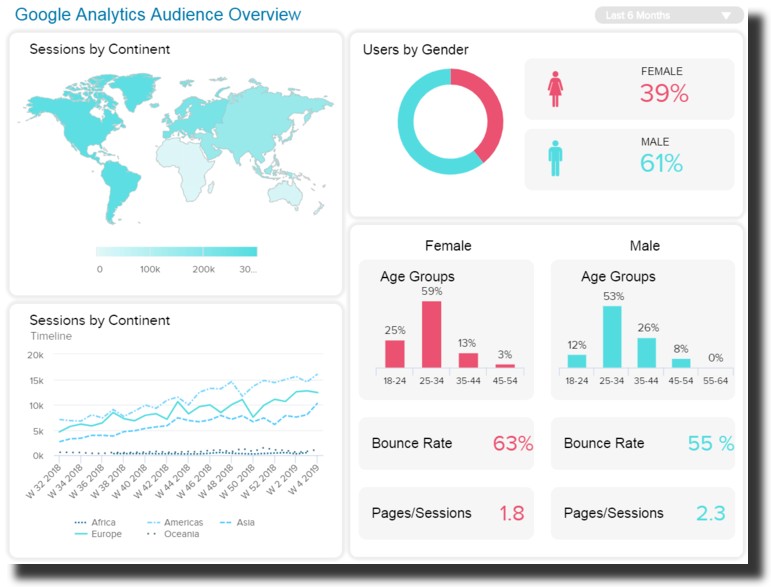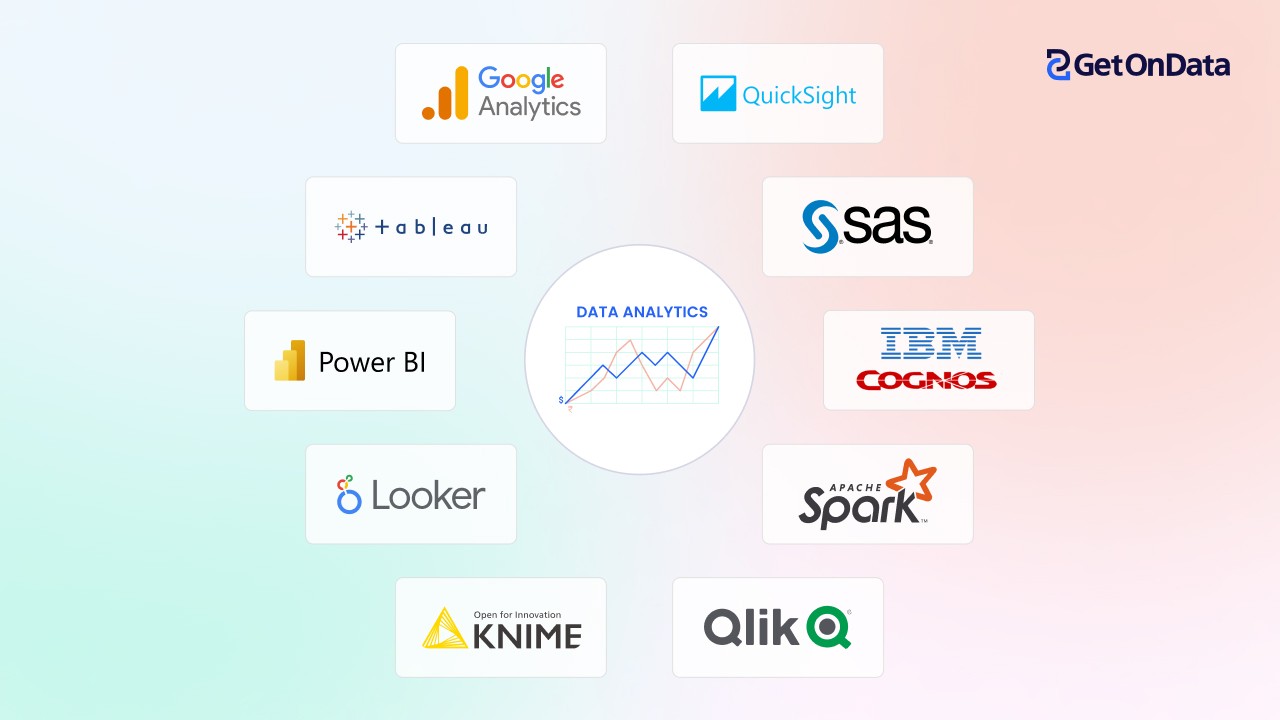Transform Data into Methods with Cutting-Edge Analytics
Transform Data into Methods with Cutting-Edge Analytics
Blog Article
Make Best Use Of Development: Just How Analytics Drive Better Methods
In today's data-driven landscape, companies increasingly acknowledge the pivotal function of analytics fit effective development techniques. By utilizing information understandings, businesses can fine-tune their operational approaches, anticipate market changes, and enhance client involvement. Nonetheless, the obstacle lies not only in gathering data however in efficiently analyzing it to drive substantial end results. As we check out the key benefits and methods connected with analytics, a critical concern arises: exactly how can companies guarantee they are leveraging these understandings to unlock their full possibility? The answer might redefine the future of calculated planning.
Recognizing Information Analytics
Information analytics is an organized computational analysis of information that enables organizations to uncover meaningful patterns and understandings. This process includes a selection of techniques, consisting of statistical evaluation, anticipating modeling, and information mining, which collectively aim to transform raw data right into workable info - Analytics. By utilizing these approaches, organizations can make enlightened decisions that are rooted in empirical proof instead of intuition alone
The structure of data analytics depends on its ability to deal with large quantities of details from diverse resources. This consists of structured information, such as databases, and unstructured information, including social networks interactions and consumer comments. Through making use of specialized software application and tools, analysts can draw out and process this data efficiently, recognizing patterns and connections that may not be immediately evident.
Comprehending data analytics likewise entails identifying the significance of information quality and honesty. Dependable and exact information is critical for purposeful evaluation; hence, organizations must implement robust data governance practices. Furthermore, the iterative nature of analytics enables continual refinement and improvement of techniques, guaranteeing that organizations stay dexterous when faced with transforming market characteristics and customer behavior.
Secret Benefits of Analytics

One of the vital benefits of analytics is its ability to provide workable insights. Organizations can quickly evaluate huge quantities of data, revealing patterns that might not be quickly noticeable.
One more substantial benefit is boosted customer understanding. Analytics devices allow businesses to sector their target market, track customer habits, and customize marketing initiatives. This targeted technique not just improves customer engagement but additionally drives higher conversion prices.

Implementing Analytics Methods
To completely recognize the advantages of analytics, organizations have to adopt structured methods for execution. This begins with plainly specifying purposes that align with wider organization goals. By establishing details, quantifiable end results, organizations can focus their analytics efforts on locations that generate the greatest return on financial investment.
Next, companies must focus on information administration to ensure the honesty and safety of the data being assessed. This involves establishing up protocols for information collection, storage space, and accessibility while adhering to appropriate policies. Making sure top quality data is essential for generating significant insights.
In addition, cultivating a culture of data-driven decision-making is important. This requires training staff members to translate analytics searchings for and encouraging collaboration across divisions. They are more likely to integrate insights right into their everyday operations. when groups comprehend the worth of analytics.
Finally, companies need to routinely assess and fine-tune their analytics approaches. The landscape of information and modern technology is continuously advancing, and remaining adaptable will permit organizations to utilize brand-new tools and approaches properly. By applying these structured strategies, companies can maximize the impact of their analytics efforts and drive sustainable growth.
Tools for Efficient Analysis
Reliable analysis depends on a selection of devices that promote the extraction of understandings from data - Analytics. These devices can range from simple spread sheet applications to sophisticated device discovering platforms, each serving an one-of-a-kind purpose in the logical process
Information visualization software application, such as Tableau and Power BI, plays an important duty in transforming complex datasets into easy to understand have a peek at these guys graphical representations. These devices make it possible for analysts to identify trends and patterns swiftly, permitting more informed decision-making.
Analytical evaluation software program, like R and SAS, offers innovative capacities for conducting in-depth evaluations, consisting of regression, theory testing, and predictive modeling - Analytics. These attributes empower companies to attract purposeful conclusions from their data, identifying prospective chances and dangers
Moreover, data source administration systems such as SQL and NoSQL data sources offer the required framework for keeping and quizing huge quantities of information effectively. They make certain that data helpful site is arranged and easily accessible for evaluation.
Last but not least, business knowledge systems incorporate numerous information sources, offering a detailed sight of business performance. By using these devices properly, businesses can enhance their analytical capacities, enabling them to develop methods that maximize development and improve general performance.
Study of Success
Successful companies often leverage information analytics to drive impactful methods, as shown by numerous noteworthy situation studies. By employing these insights, Netflix has effectively customized its material suggestions, resulting in boosted customer involvement and customer retention.

In addition, Starbucks uses data analytics to identify optimal store areas and refine its product offerings. By checking out consumer demographics and purchasing patterns, Starbucks effectively determines high-potential markets and tailors its food selection to neighborhood preferences, driving sales and consumer loyalty.
These case researches illustrate that reliable application of data analytics can lead to tactical benefits, cultivating development and development within companies throughout different industries.
Conclusion
To conclude, the integration of analytics right into business techniques substantially enhances decision-making procedures and promotes sustainable development. By leveraging data-driven understandings, organizations can recognize patterns, anticipate market shifts, and enhance procedures. The effective implementation of analytics tools further supports agility and development, enabling companies to navigate affordable landscapes with higher precision. Eventually, a dedication to analytics not only drives instant performance improvements but also safeguards long-term success in an ever-evolving market.
Data analytics is a systematic computational evaluation of information that makes it possible for companies to reveal purposeful patterns and insights.Recognizing data analytics also visit this site right here involves recognizing the importance of data top quality and honesty. Trusted and precise data is essential for meaningful evaluation; hence, organizations should execute durable data administration techniques.Next, organizations ought to focus on data administration to guarantee the honesty and safety of the information being assessed.Effective organizations commonly take advantage of information analytics to drive impactful methods, as shown by numerous noteworthy instance research studies.
Report this page